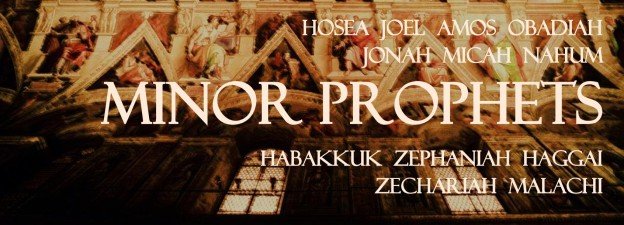

By the time of Malachi, they had been back in the land for more than a hundred years and were looking for the blessings they expected to receive when they returned. The people of Judah began to be exiled from the Promised Land in 605 BC, returning from Babylon seventy years later. God’s intervention as much as ever, so this book, as a final statement of judgment in the Old Testament, anticipates God’s saving work through the Messiah, Jesus Christ. But even then, with all that perspective, the book of Malachi teaches us that they still strayed from the Lord’s path. But they had also experienced the judgment of wandering in the desert and the shame of exile from the Promised Land.Īt the time of Malachi, well over a thousand years after Abraham’s era, the Israelites had the advantage and weight of history on their side they could see the shining rewards of faithfulness and the punishments associated with judgment, even to the point of being uprooted from their land. Their history told of glories like the exodus from Egypt and the faithfulness of God to King David. Malachi’s unique position as the final book of the Old Testament offers a glimpse into the hearts of Israelite men and women, members of a nation that had been specially chosen by God, descendents of Abraham, and inheritors of the rich tradition of the Jewish people. The prophet’s concerns mirror those of Nehemiah’s, suggesting that Malachi prophesied to the people while Nehemiah left the city for several years, beginning in 432 BC (Nehemiah 13:6). Malachi also wrote about the corruption of the temple sacrifices, meaning that he likely delivered his message many years after the Here the prophet used the Persian word for governor, indicating a time period between 538–333 BC, when the Persian Empire ruled the Promised Land. Malachi certainly wrote to the people of Judah (Malachi 1:1 2:11), but the historical setting becomes clearer in Malachi 1:8. The people of Judah had turned away from the true worship of the Lord, leaving themselves under judgment and in need of salvation. However, based on the content of the book, it becomes clear that Malachi delivered his message of judgment to a Judean audience familiar with worshipping at the temple in Jerusalem (2:11). Prophets such as his father’s name or the current leader of Israel. Information about himself, leaving out markers typical of other In Hebrew, the name comes from a word meaning “messenger,” which points to Malachi’s role as a prophet of the Lord, delivering God’s message to God’s people. The final book of the Old Testament, Malachi received its name from its author (Malachi 1:1).


 0 kommentar(er)
0 kommentar(er)
